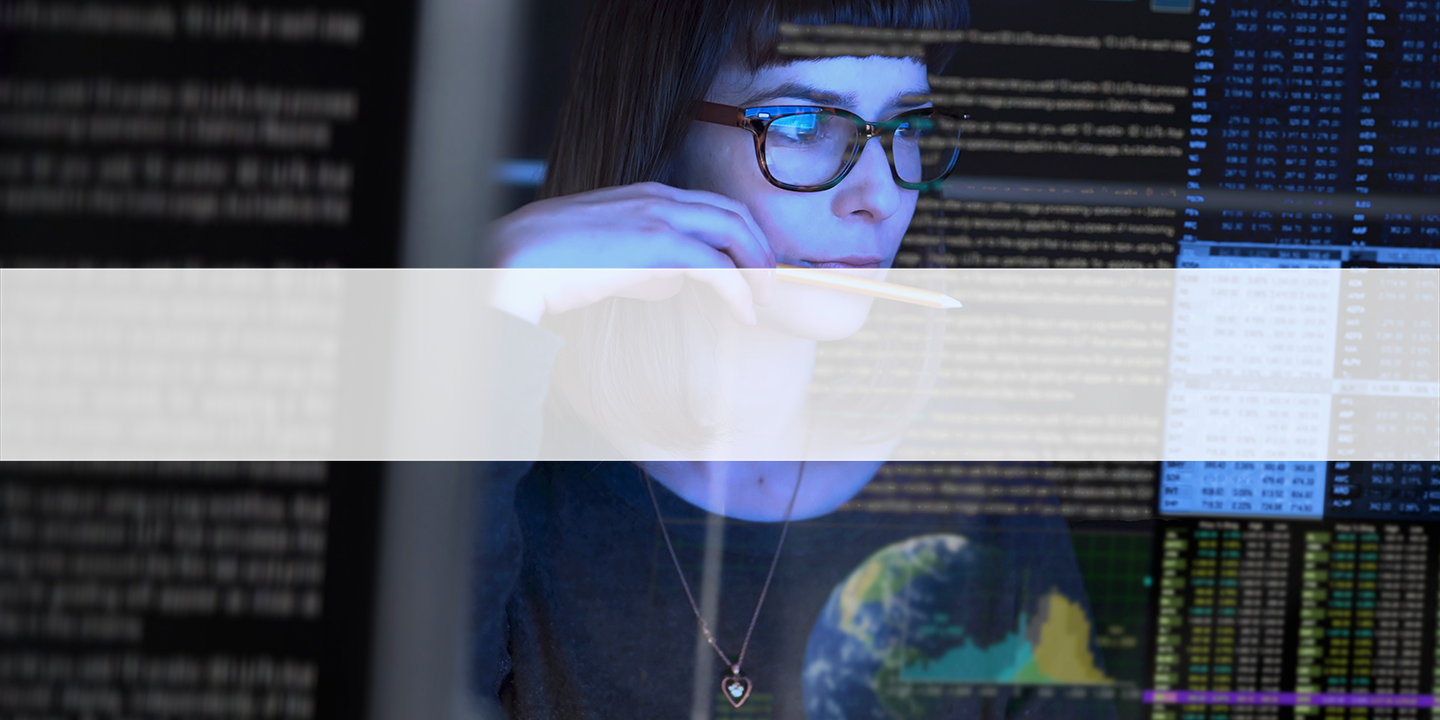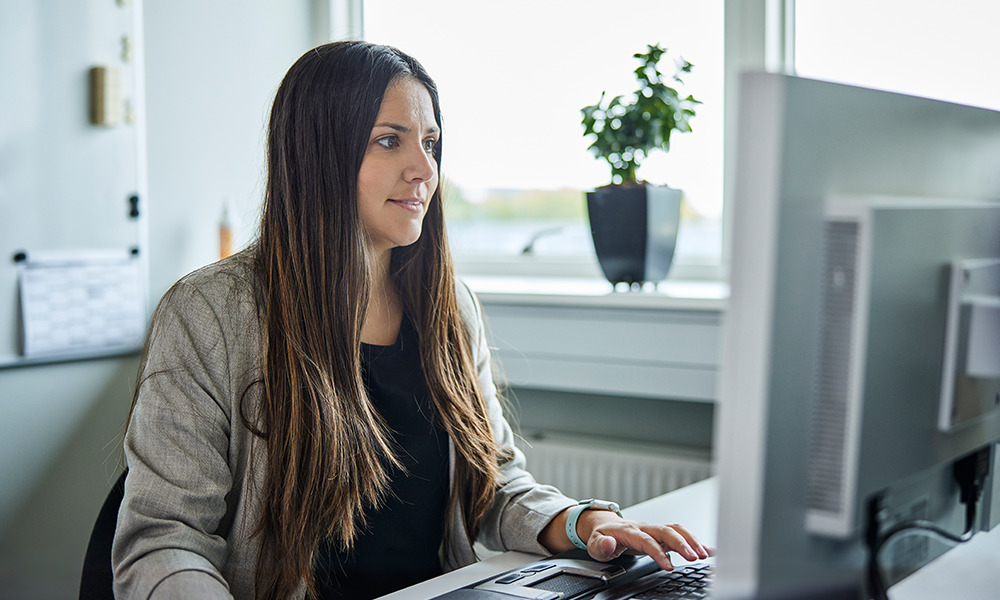
Switching off: How to prioritise mental health when working from home
We propose three simple exercises: count how many electronic devices you have at home, see how many you use simultaneously, and time how many hours you spend without looking at a screen. If you don't cheat, the answer is usually overwhelming. We are increasingly used to answering emails while watching TV, taking work calls while answering WhatsApp at the same time and reading the newspaper online. The need to disconnect digitally to take care of our mental health is becoming increasingly important.
One thing that has arisen from the pandemic is a new work from home culture. Many positive outcomes have derived from this, and we should celebrate many aspects. Working from home permits employees to spend more time with family as well as other benefits.
Technology can be instrumental in our daily lives. The internet permits us to work from anywhere we want, find out and share information with the simple click of a button, and keep in contact with friends and family all over the world. It is a fantastic tool when we have a healthy relationship with it, but, sadly, many of us do not. The addictive nature of scrolling through social media, constantly refreshing emails and instantly responding to texts has led to an increase in stress and sleep deprivation.

But also, the introduction of the 'home office' has led us to become hyper digitally connected, and we rarely have the time to disconnect. In fact, in a survey by Forbes, 44% of participants reported that they found it hard to "shut off" in the evenings when working from home, half reported disrupted sleep, and 45% claimed the new way of working had affected their mental health. Numerous surveys, including one by Qualtrics, reported similar results.
Due to rising concerns about how our company's employees are coping during this period, Siemens Gamesa has implemented a 'Perceived Stress Survey' to monitor staff's mental health and stress. The preliminary survey results show signs of high-stress levels in SGRE employees – something we are determined to combat.
An overwhelming number of people clearly suffer from this lack of ability to disconnect and take time away from technology. Therefore, we must strive to create healthier work from home environment and promote healthy ways of coping. And one way of achieving this is by learning to switch off and not let working from home leave us stressed or with a lack of time to ourselves.
At Siemens Gamesa, employees' mental health and well-being are of the utmost importance. The psychological risks of increased work pressure and lack of work-life balance detected in the Psychosocial Risk Assessment before the pandemic skyrocketed in the past year. We are determined to alleviate that.
To fight mental health issues, the company has launched guidelines that encourage employees to practice a reasonable right to disconnect.
Manage your workday effectively:
- Avoid sending work-related emails or messages and making calls outside of regular working hours. You need time to recharge your batteries properly - so log off on your lunch breaks, weekends
- and while on vacation!
- Avoid sending or accepting meetings that are scheduled outside of regular working hours and suggest alternatives.
- Check and process emails only at certain times during the day.
Close emails when you need to focus:
- Disconnect intentionally and regularly:
- Set your phone to “Do not disturb” mode outside of regular working hours.
- Block lunch breaks in your calendar.
- Keep track of your working hours to avoid excessive workdays.
- When driving, do not talk on your cell phone or send text messages.
Be inclusive and respectful of other’s time:
- Be inclusive and remember that everyone has different circumstances at home.
- Consider the right time to send an email and the relevance for the recipient. The subject line of your email should give the recipient a clear indication of the content and urgency of the mail. Also, use the functions “Reply to all”, “Copy to (CC)”; and “Blind Copy (BCC)” with moderation!
- Be patient with one another during email, text and video conversations.
- Consider the diversity that enriches our company and respect your colleagues’ time zones when calling or arranging a meeting.
- Remember that colleagues’ weekend, summer holidays and religious observances may differ from your own.
Remember to practice self-care:
- Recognize your stress level!
- Manage yourself before managing others!
- Make time for your physical and emotional needs!
It’s crucial that employees are inspired to shut their screens, turn off their phones, and switch off. And remember that if your phone vibrates, it does not mean that you must respond immediately.



